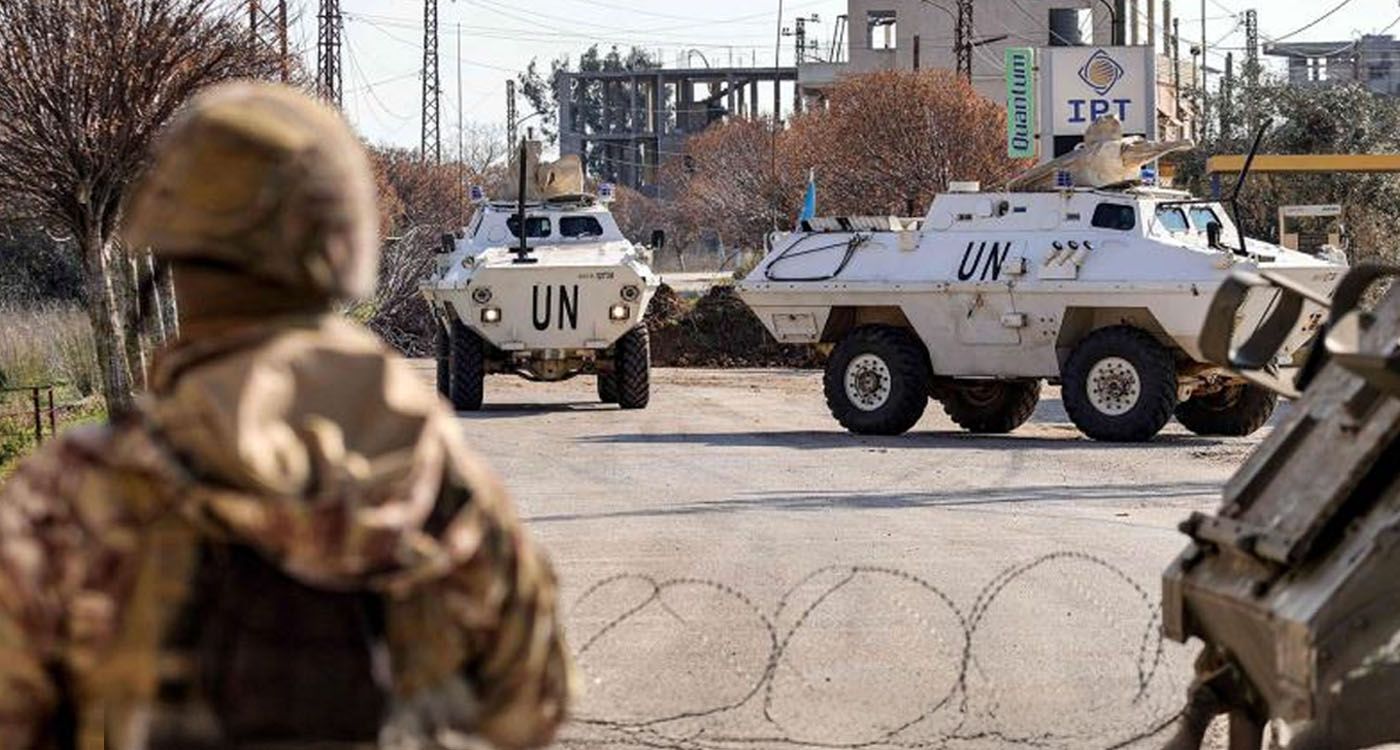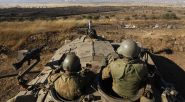
In a moment of deep existential crisis, there is no space for hesitation, for diluted choices or for timid calculations. When a nation’s future is pulled apart by forces bent on destabilization and backed blindly by regional powers with sweeping ambitions, the responsibility is clear. One must choose a side and do so without wavering.
The current government, which once inspired a wave of hope among the population, now faces mafia-like intimidation, brazen public threats, and sordid attempts at sedition. In the face of this aggressive rhetoric, the executive has no choice but to assert its national priorities with unwavering resolve. When the state begins to “negotiate” the restoration of its authority with subversive forces, it instantly puts itself in a position of weakness, on the defensive, and the outcome is effectively lost.
The state does not need to ask that its authority be respected. It must command it. It sets the overarching direction, and local factions must adapt to that line. Some might argue, given the current context, that it is difficult to ignore the undeniable fact that Hezbollah—the source of the present existential crisis—is ideologically and unconditionally tied to the Supreme Leader of the Islamic Republic of Iran and, by extension, to the Revolutionary Guards. Undoubtedly so. But it is precisely the regime in Tehran and Hezbollah that must align with Lebanon’s national interest. In this regard, the central authority must act with firmness and determination.
In this context, the issue is not simply a struggle for influence or a contest for power. What is at stake today, more than ever, is the identity and socio-political character of Lebanon. The stakes extend beyond the country itself. They carry, to a large extent, a distinctly regional dimension, shaping the future of the Levant and the Middle East more broadly. At its core, the challenge is macroeconomic in nature, with implications across a vast geographic area that could, by extension, reach as far as Europe.
This macroeconomic dimension requires lasting stability and enduring peace, a necessary condition for fostering extensive business exchanges and transnational trade, supported by advanced infrastructure. It is at this precise level that Lebanon’s unique situation comes into focus. The Middle East peace advocated persistently by President Donald Trump, even during his presidential campaign, cannot tolerate the presence of a militia—whether in Lebanon or elsewhere in the region—that perpetually fosters an atmosphere of war and chronic hostility to no productive end.
But beyond these macroeconomic considerations, the well-being of the local population matters above all. For more than half a century, the Lebanese have endured the fallout of conflicts that have proved endless and without foreseeable conclusion. It is therefore entirely legitimate for them to take advantage of the opportunities that lie ahead. From this perspective, it is high time for the state to act with firmness and assert its authority without concession, putting an end to the destructive wars in every respect. The moment has come for the government to show genuine determination to put an end to the whims of the militia that, in recent years, has plunged the country into an unprecedented existential, political, economic, financial, and social crisis, for which it bears full responsibility.




Comments